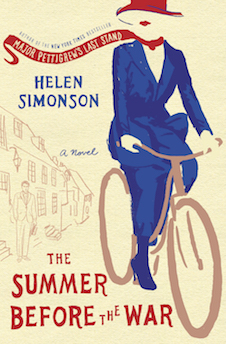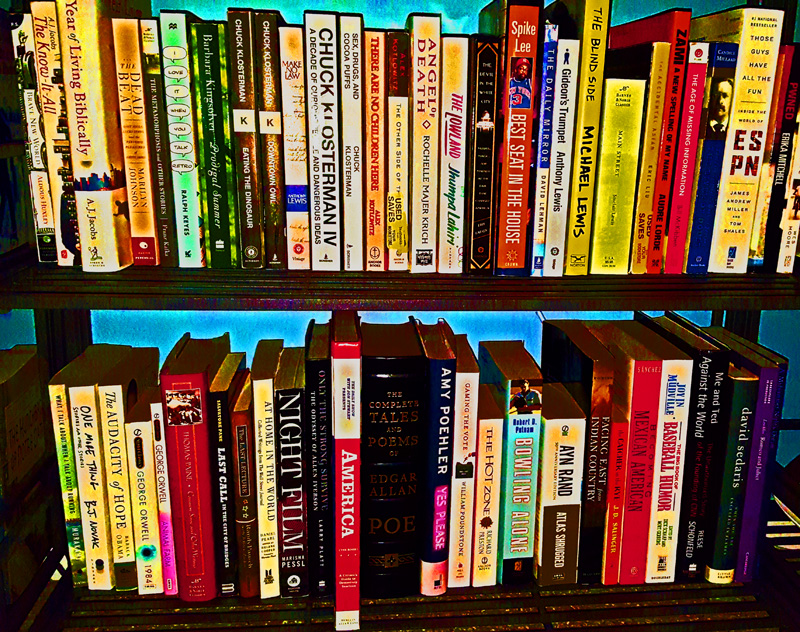I was 100 pages into Helen Simonson’s “The Summer Before the War” when I remembered there was a war.
That’s not an indictment at all. So much detail goes into the arrival of the new Latin teacher in a small British town and the daily lives of two cousins living with their aunt and uncle that the prospect of war is completely invisible in the first third of the story.
I really enjoyed Simonson’s previous novel, Major Pettigrew’s Last Stand, so when my mom said she had a copy of this one I was quick to borrow it. I preferred Pettigrew, but this was a solid book as well.

There is a lot that can be compared to modern times, with a town dealing with sending young men off to war, people at home figuring out how they could and should contribute and decisions about taking in refugees from another country. There are displays of patriotism — real and for show — and varying degrees of enthusiasm among those who sign up to go fight.
I appreciated the eye-rolling reality of Aunt Agatha and other matriarchs in the richer parts of town frequently forgetting what comes with their status, and how when the war effort ramps up they work to outdo each other in showing how much they are sacrificing.
Agatha is a driving force behind the hiring of Beatrice, an outsider, to be the Latin teacher. She makes sure she has her priorities straight.
“Oh no, Lady Marbely took pains to assure me she’s quite plain.” said Aunt Agatha. “I may be progressive, but I would never hire a pretty teacher.”
No, we could never allow such a thing.
One of Agatha’s nephews is Hugh, a young man completing his medical training when the war breaks out. I have no experience with the first half of this sentence, but the second half is a morning we could all aspire to:
“But in reality, after weeks of sleepless nights cramming for examinations while drilling all day, and shivering through the finals in a chilly mess hall that seemed to breath failure, he was enjoying dozing in a slab of sunlight, feeling the pleasant aftereffects of a good breakfast.”
Read this book if you like stories set in early 1900s England, Latin education efforts, weird animal samples kept in jars, young kids excelling against the odds or dudes named Craigmore.
